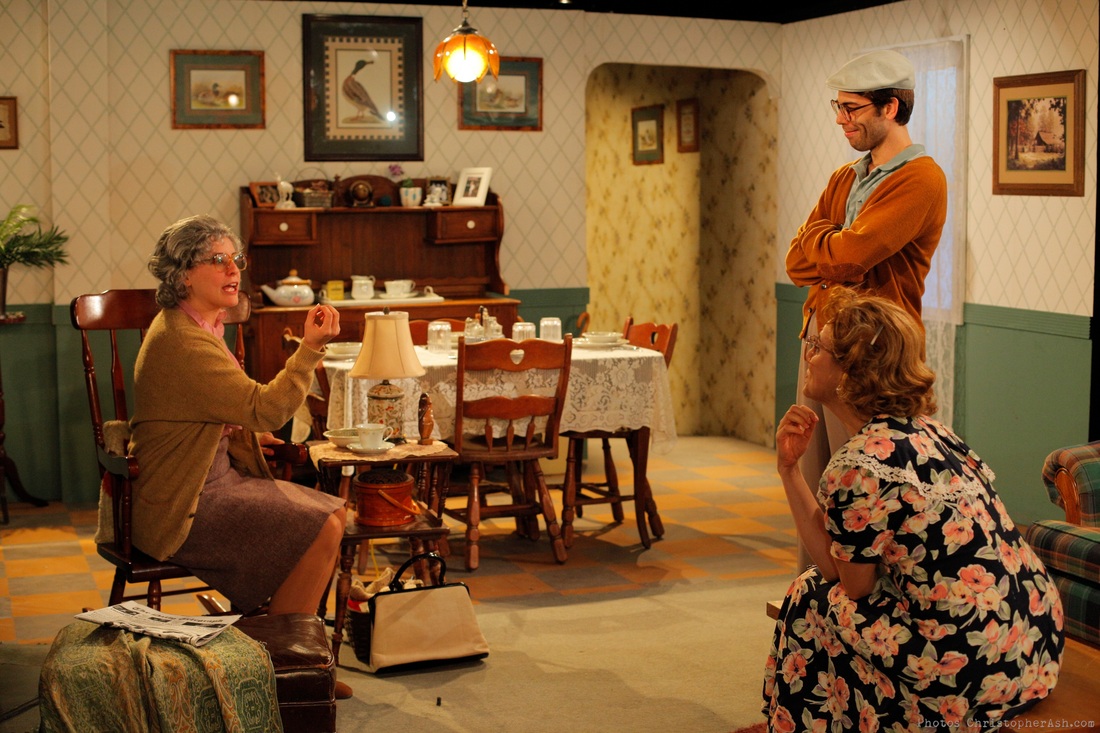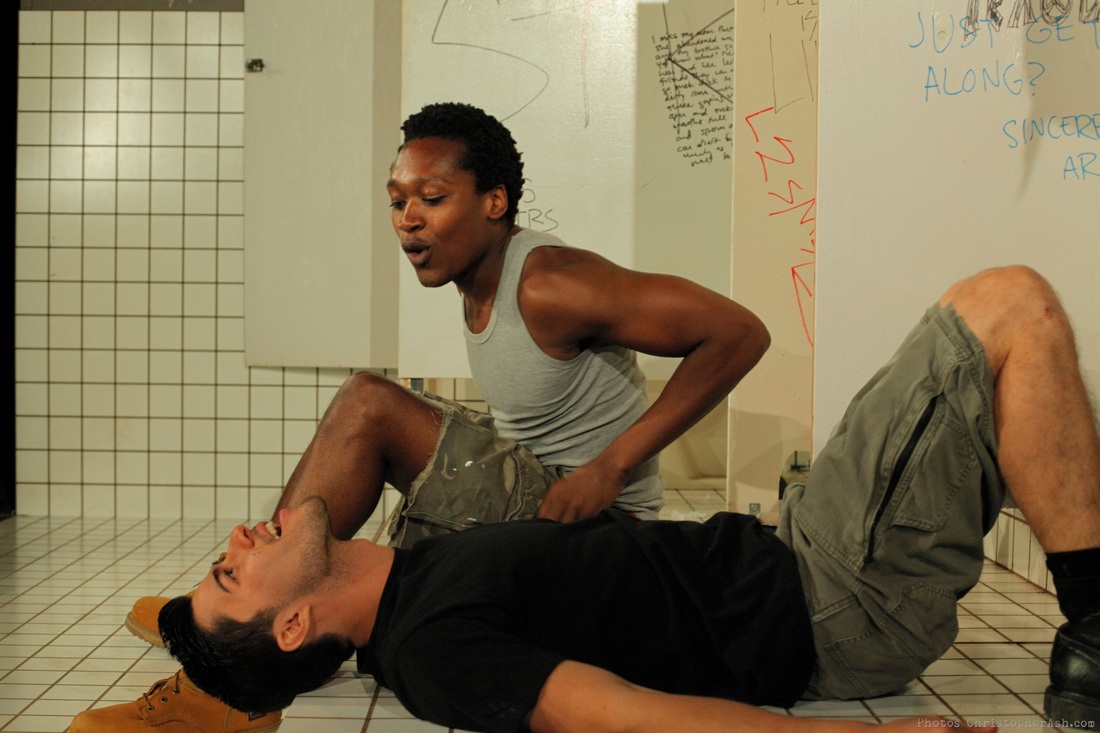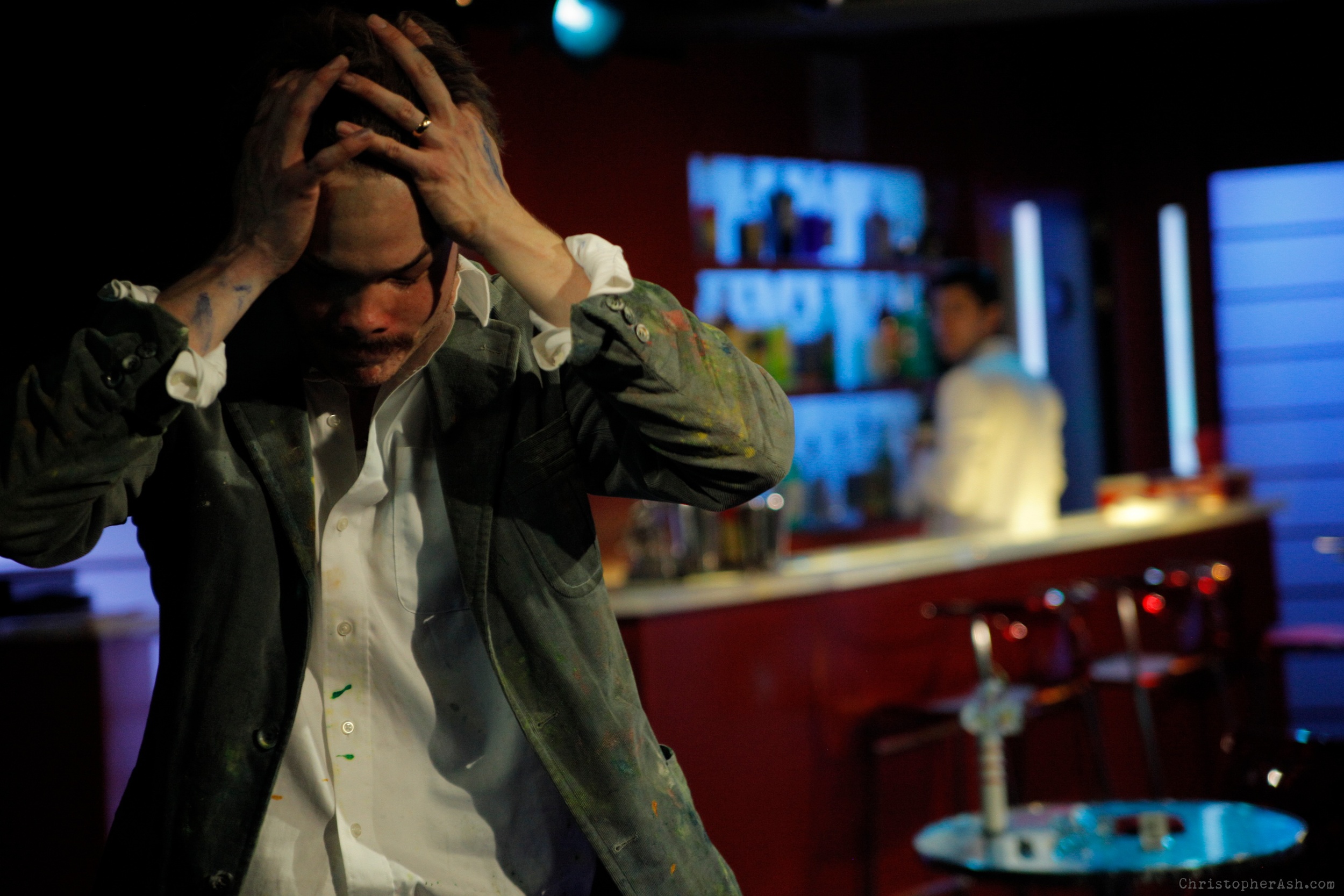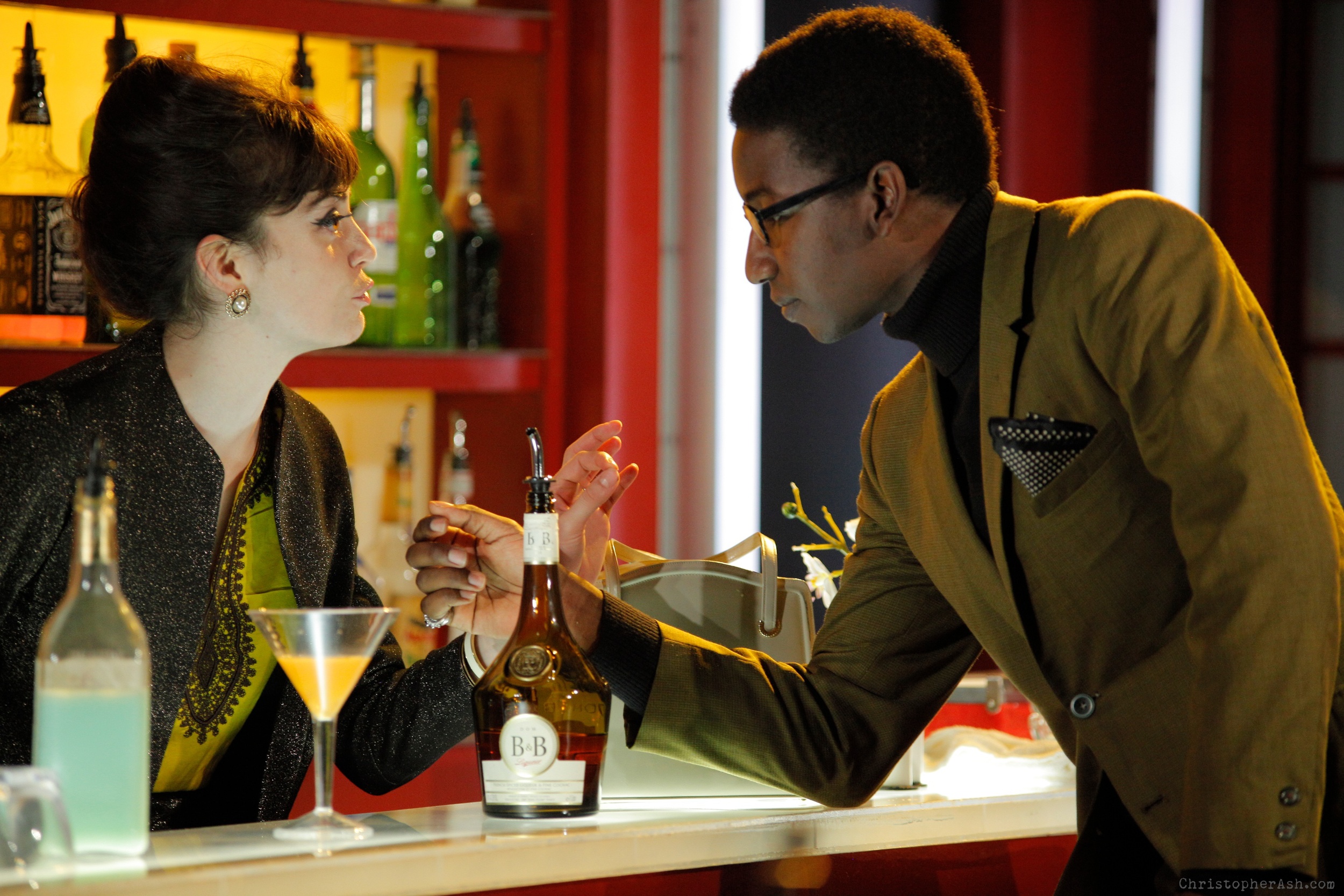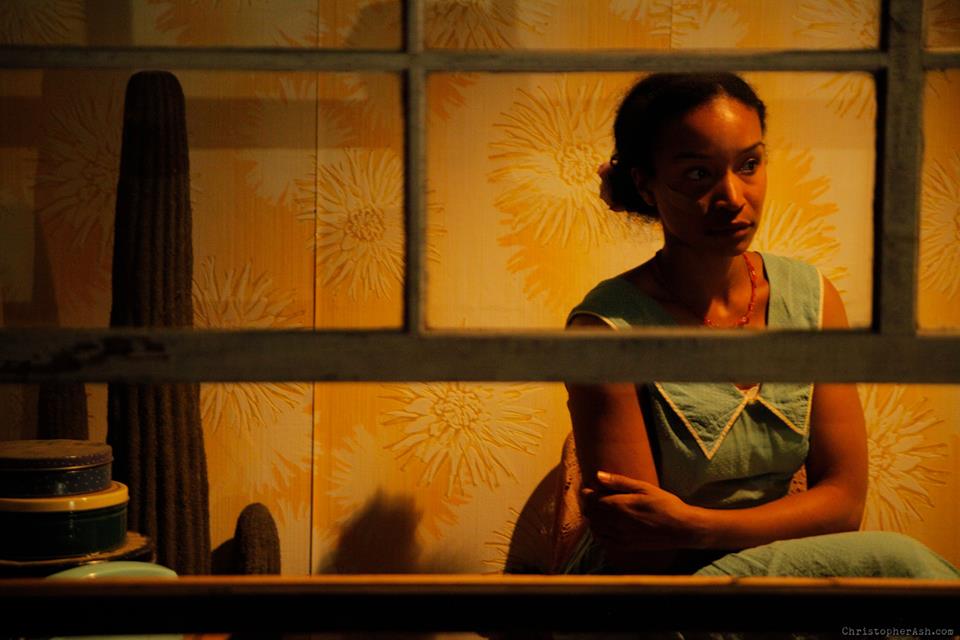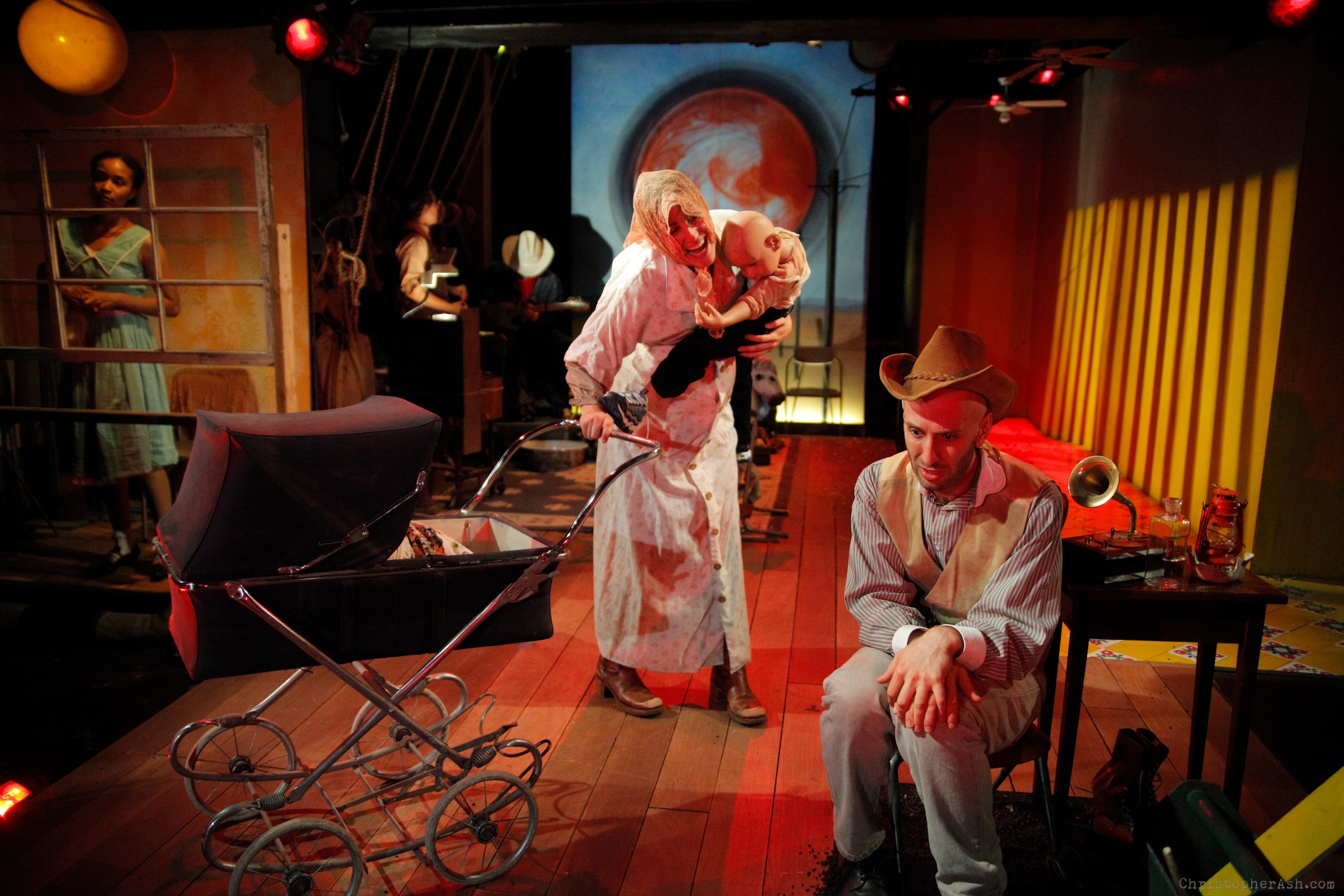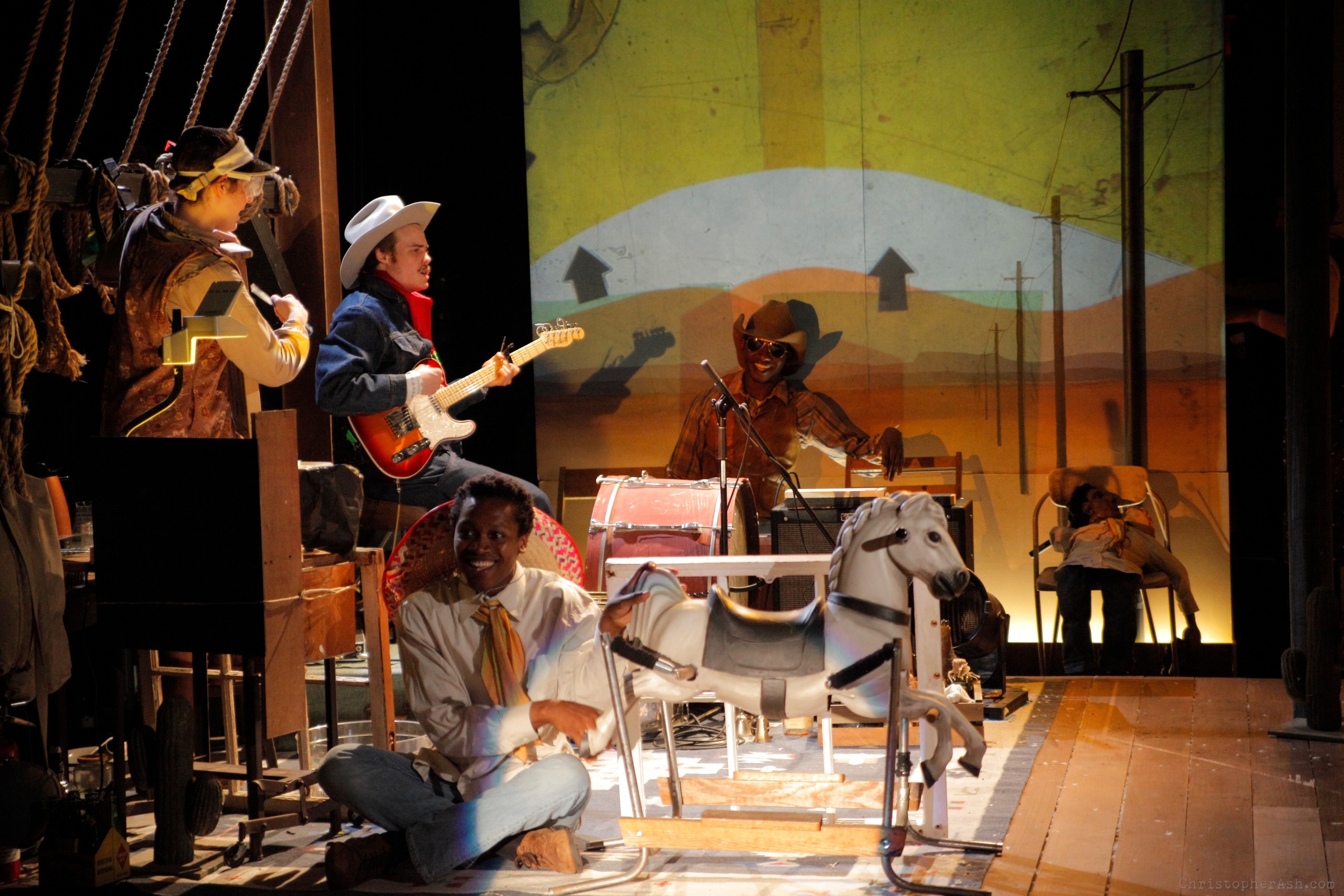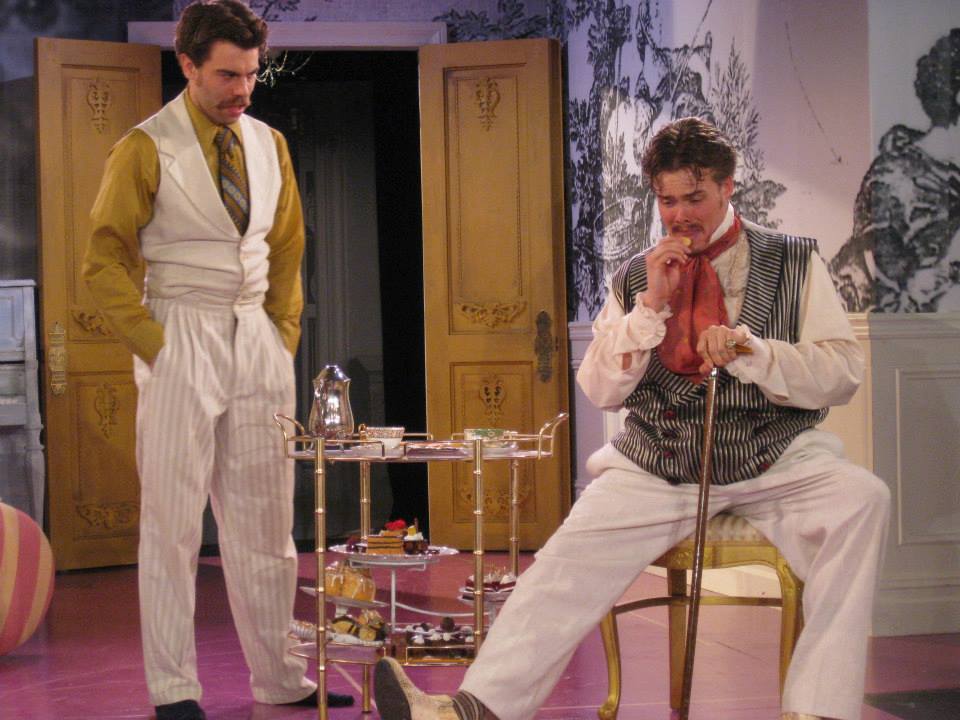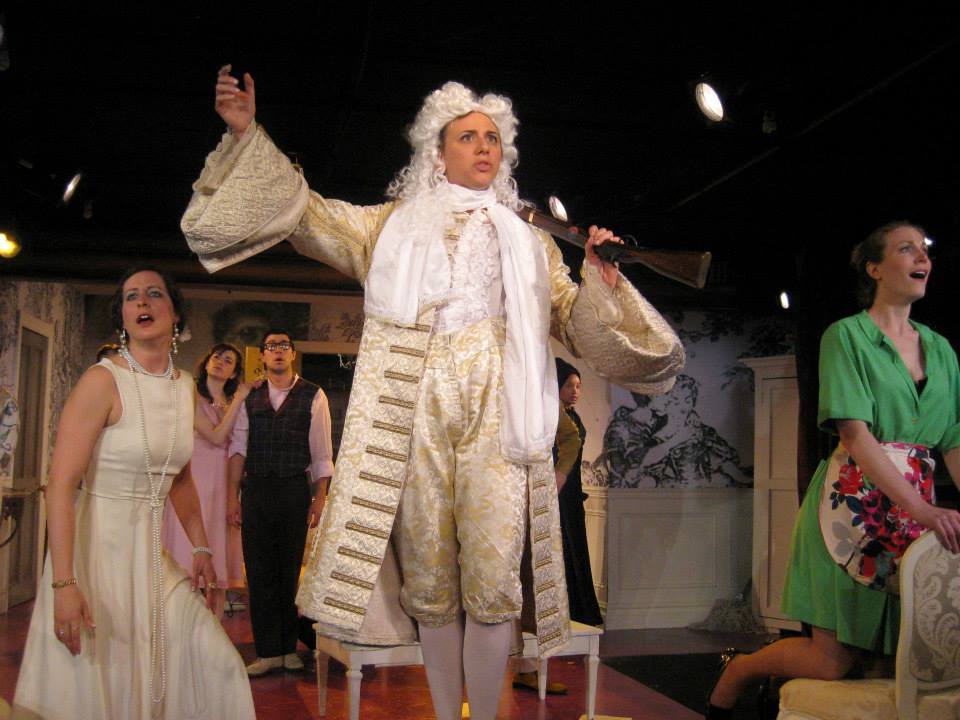The third Yale School of Drama thesis show opens tonight, directed by Katherine McGerr. Hedda Gabler, by Henrik Ibsen, is a masterpiece, a character study that is one of theater’s most fascinating roles. As the playbill by the show’s dramaturg, Jennifer Schmidt, suggests, the play, unlike some of Ibsen’s other famous plays, does not take aim at social problems so as to give meaning to the play’s action. In Hedda Gabler, the problem lies with Hedda herself; her manipulation of others and her ultimate fate would seem to set a moral, though audiences are left to determine what that might be. Is she tragic or does she get what she deserves, is she mean-spirited or high-spirited, is she idealistic or nihilistic?

For McGerr, Hedda Gabler is a play that is meant to shock its audience. “There’s nothing old about it, the play is alive today,” McGerr says, and hopes the audience will be “shocked, but understand it and be shocked by what it means.” One question the production faced was how to remove the play from its period setting—the 1890s—without “updating it” to the present. The show’s striking design (Adrian Martinez Frausto), with the audience literally looking through the glass walls of the home of Jørgen and Hedda Tesman, is somewhat modernist, without being of a definite era. Costumes (Soule Golden) as well are modern, with some of the elegance of art deco, while furnishings show a mixture of modern shapes together with the older mode of life that the Tesmans are trying to move up from. The house is one of the finest in the neighborhood and is the place where Jørgen (Daniel Reece) expects to begin his career as a professor with a young wife and possibly a family—particularly if his doting Aunt Julia (Elia Monte-Brown) has her way.
McGerr says that, in working with her cast, the question they have been asking is “who is [Hedda]?” They see both her cruelty and her frailty. McGerr thinks of her heroine as “ahead of her time and smarter than the others around her, but also frustrated.” It’s that frustration that fuels many of her actions, we might say, and Hedda’s complexity has always fascinated audiences. What interests McGerr and her company is the very question of what draws others to Hedda, what makes them love and trust her. We—the audience—might understand the attraction if we admit we love her too. Much may rely upon whether or not we identify with her.
As Hedda, Ashton Heyl is lively and accommodating, with finely chiseled features and blonde hair bound tightly to her head. Her costumes accentuate the graceful lines of her figure and she indeed looks very much the prize catch of the area that Tesman—and others—take her for. “Others” include Commissioner Brack (Mitchell Winter), a close friend of the Tesmans—Jørgen is literally in his debt—who wants to get closer. The sparring flirtation between Brack and Hedda is one of the show’s strengths, allowing us to see how Hedda handles herself when confronted with another’s machinations. Both seem wary of each other’s strengths while looking for an opening that will be useful. Winter’s Brack seems to be a man forever testing the water, just waiting til it gets comfy.
Reece’s Tesman is so absorbed in his hopes for his career and his elation at winning Hedda, he’s unaware of Brack’s overtures to Hedda, and rather welcomes his friend’s attentions to his wife. Tesman is the comic figure in the cast, to a large extent, and perhaps some of our sympathy for Hedda may come from our growing sense of the obtuseness of the man she married. Even so, Reece’s Tesman is likeable and aims to please. We might expect Hedda to wrap him around her finger, but not so. We’re looking at a domestic unit where the man—especially with the moral and even the financial support of his aunt—sets the tone and Hedda is expected to content herself in the home he has gone into considerable debt to buy for her.
The more dire threat to that contentment, for Tesman, is the sudden reappearance in town of the brilliant but dissolute scholar Eilert Lövborg (Mamoudou Athie). Suddenly Tesman again faces professional competition and, what’s more, we learn that Lövborg had some scenes with Hedda when she was single and living with her father. There’s a back-story there and Lövborg’s recent “reclamation” by the sweetly supportive Thea Elvsted (Tiffany Mack), an earlier flame of Tesman’s, sets up a possible game of mixed couples to offset Brack’s desired threesome. Ibsen was nothing if not canny about the possibilities of romantic affairs in small towns—your basic soap opera learned well from his tendency to hint at desires below the surface that may flare into reality at any moment. The cast is rounded out by Ariana Venturi as long-suffering servant Berte—suffering not only because she’s the only servant the Tesmans can afford, but because her long ears pick up some of the dirt on her mistress. This minor role is amplified a bit to give hints of the kind of “upstairs/downstairs” view in which a servant stands in as witness.
As Lövborg, Athie gives us a vivid sense of instability, but also of the kind of passion that threatens at any moment to overrun the pacing of Hedda’s cat-and-mouse game. Athie’s loose cannon in the midst of a world of bland formalities adds an odd force to the play that other characters seem unable to cope with. As Thea, Mack is lovely and very sensible, perhaps too sympathetic. Hedda’s maliciousness toward her can seem motiveless if we like Thea too much.
Hedda, we see, toys with the possibility of romance but doesn’t truly desire it, so that much of her motivation comes from her attitude toward Thea, who, unhappily married in a manner worse than Hedda, has been Lövborg’s salvation, as well as placing her chaste romantic hopes in him. Backing the now ascendant Lövborg, Thea may actually “win,” you see . . . .
Plot-wise, the over-riding interest is in who will get the upper-hand on whom, and with what consequence. Props—such as Hedda’s old piano, her father’s pistols, Lövborg’s new book and, even more, his brilliant unpublished manuscript, dictated to Thea, written with her in weeks of comradely intimacy—serve well as tangible reference points in a world where dialogue can be a duel, a seduction, and almost always the imposition of one will upon another. Paul Walsh’s translation, in shedding some of the Old World gentility, seems at times to lose some of the finer nuances of motivation as well.
Ibsen was a great playwright. Hedda Gabler is one of his greatest plays. McGerr and company have created a deliciously dark modern comedy in which Heyl’s Hedda—steely, desperate, winning, manipulative, and fine—pits her wits against obtuseness. To what end?
Hedda Gabler By Henrik Ibsen, translated by Paul Walsh Directed by Katherine McGerr
Scenic Designer: Adrian Martinez Frausto; Costume Designer: Soule Golden; Lighting Designer: Caitlin Smith Rapoport; Composer and Sound Designer: Steven Brush; Production Dramaturg: Jennifer Schmidt; Stage Manager: Shannon L. Gaughf
Yale School of Drama University Theater February 1-7, 2014
